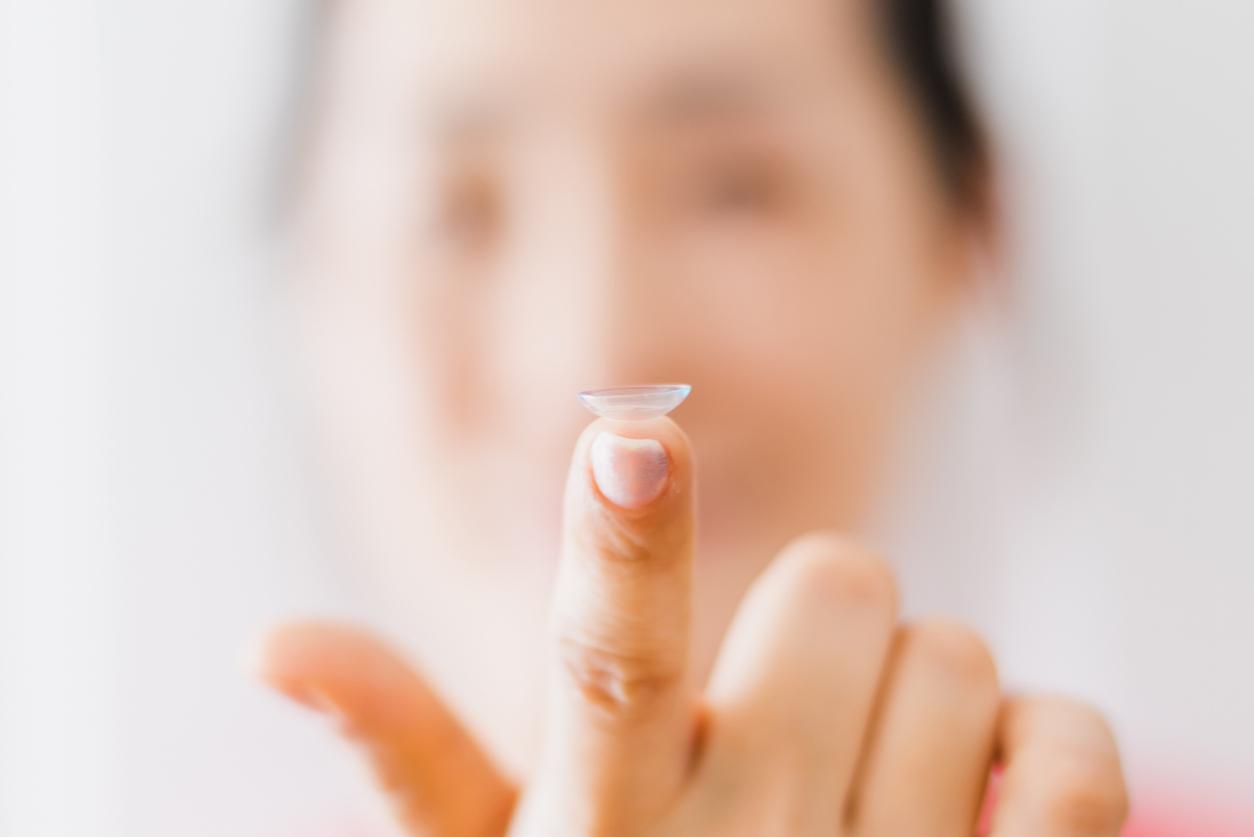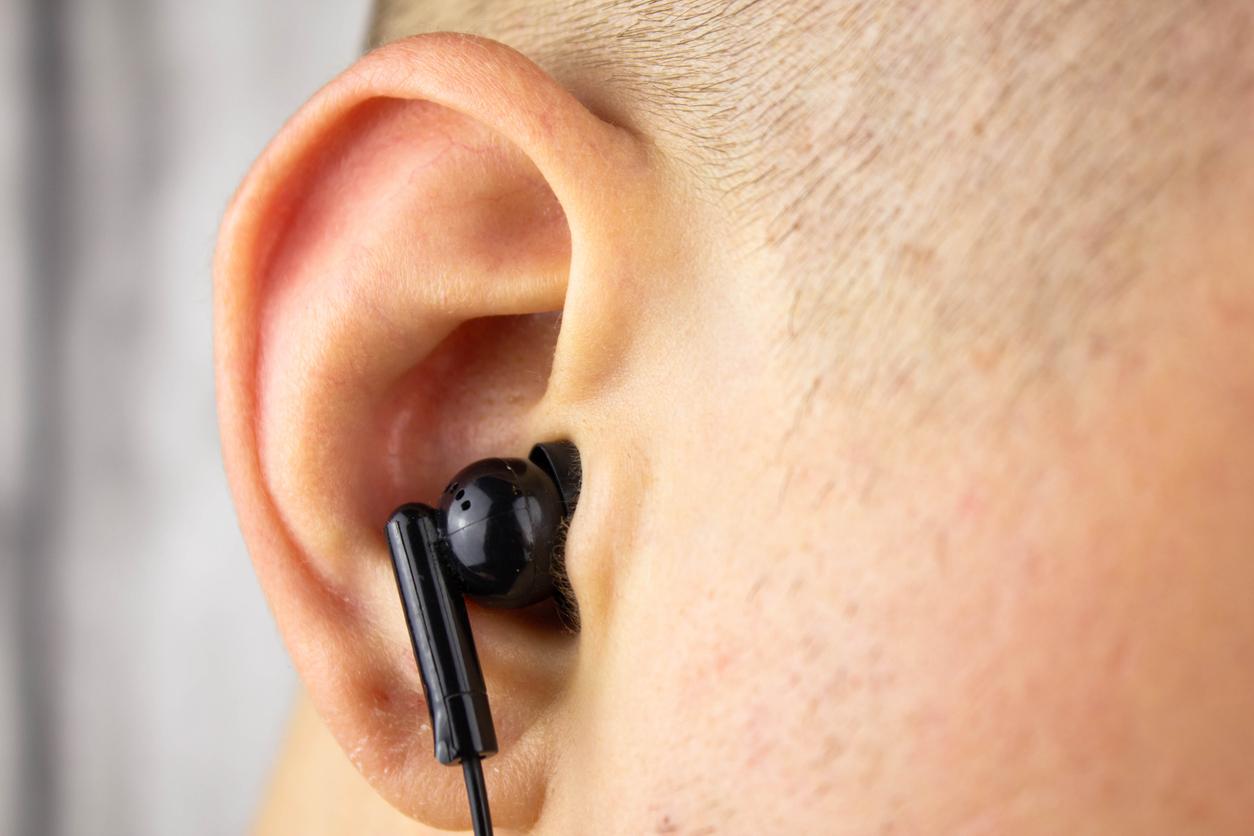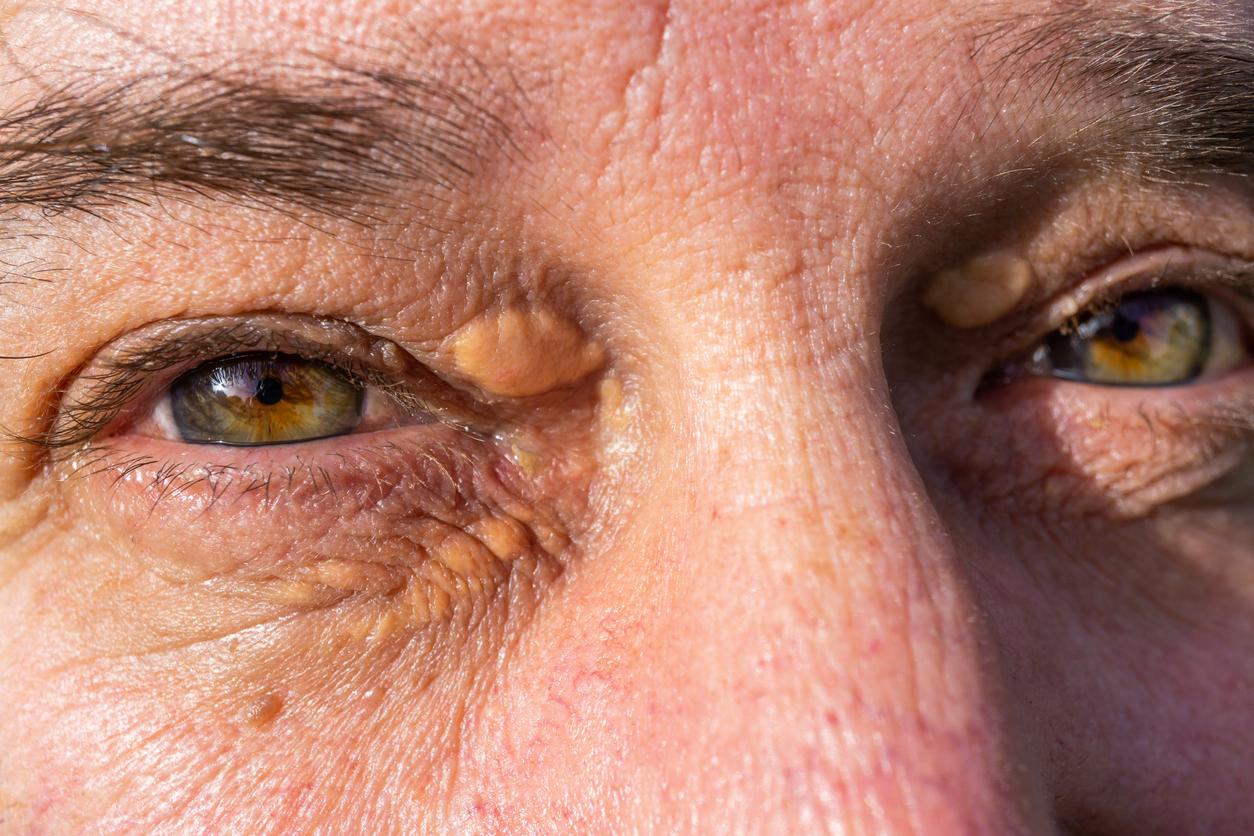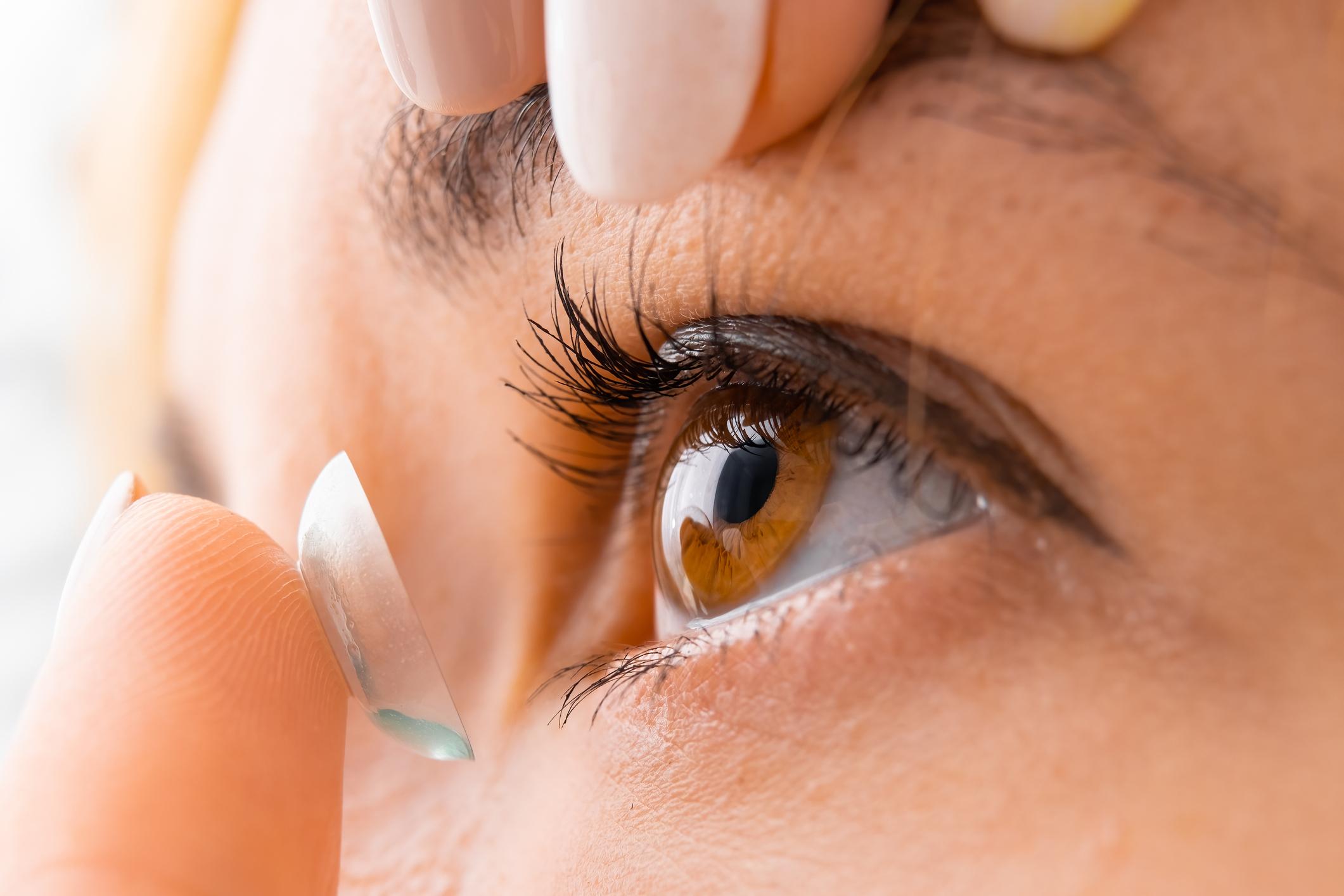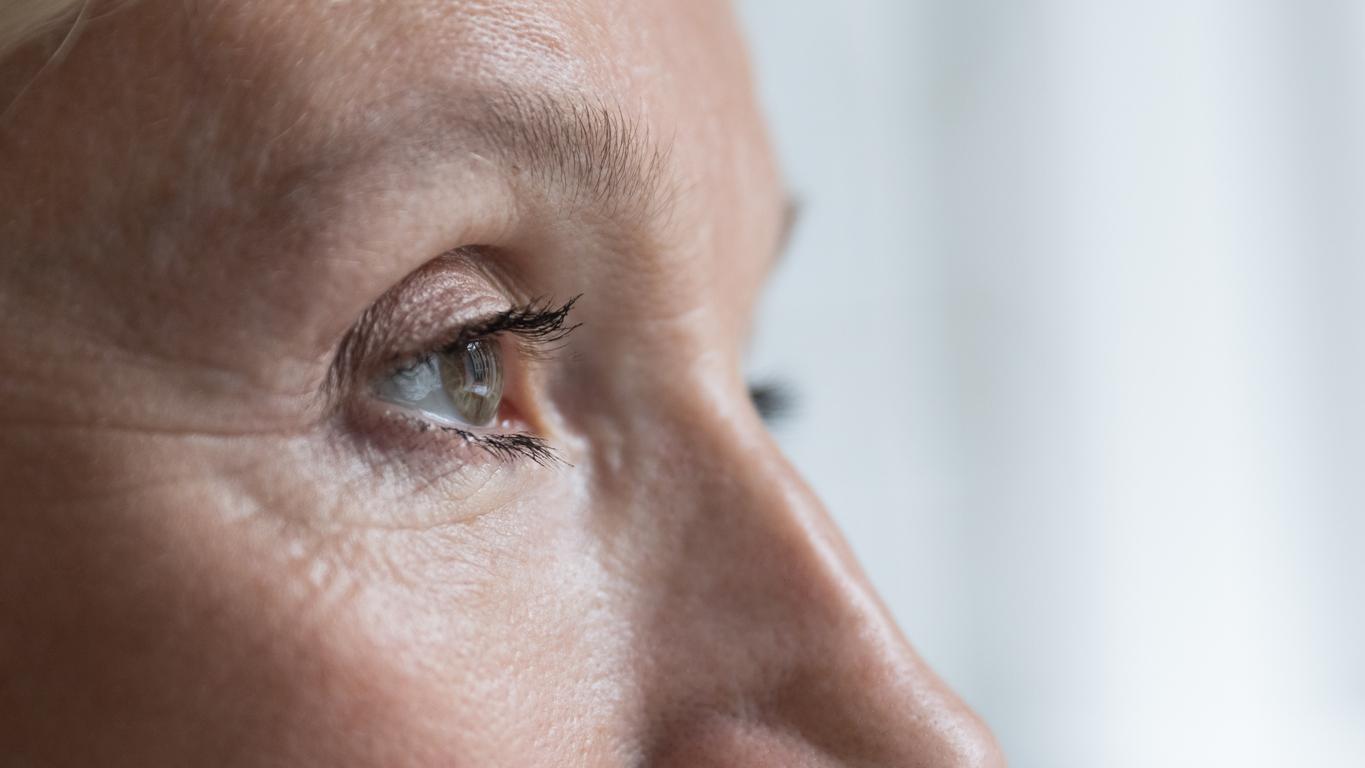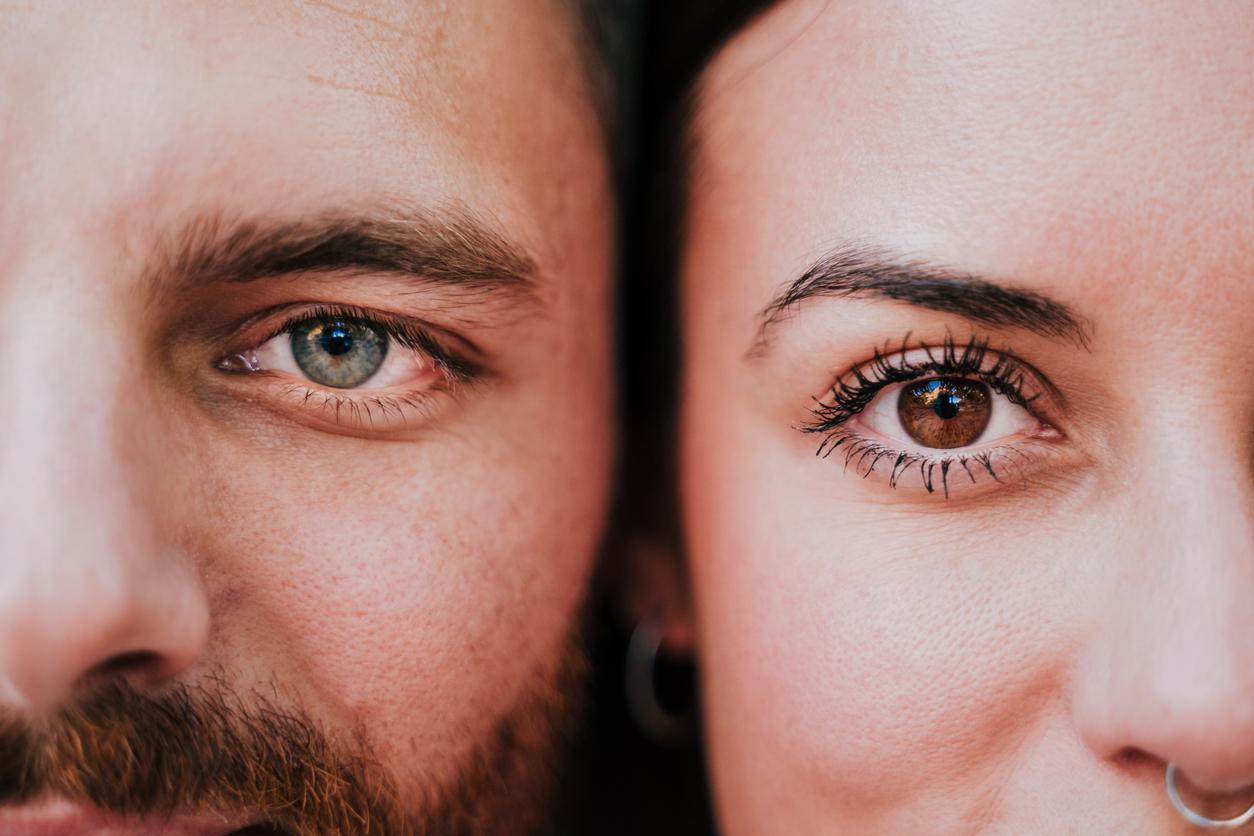TF1 television news presenter Sophie-Marie Lacarrau has been diagnosed with amoebic keratitis. Explanations.

- Amoebic keratitis is a rare disease of the cornea.
- The TF1 JT presenter spent two months in complete darkness to calm her symptoms.
After five months of absence, Sophie Lacarrau resumed her place as presenter of the 1 p.m. newscast on TF1 since Monday, May 16. The reason for this absence: an amoebic keratitis which she suffered from.
A bacterium found in the water
Amoebic keratitis is an eye disease that more specifically affects the cornea. This is caused by bacteria called Acanthamoeba, free-living amoebas, i.e. parasites that form in aquatic and aqueous environments. According to MSD Manualthere would be some in tap water, showers, air conditioners, etc.
A disease that mainly affects people who wear contact lenses
According to Sophie Lacarrau, she would have just caught this disease by cleaning her lenses with water. The bacteria would have first settled on the two small objects and then contaminated his eyes. And his case is not isolated. Still according to the MSD manual, people wearing contact lenses represent 85% of infected patients.
Use a sterile solution and wash your hands well
“We can never repeat it enough, but you really have to be careful to wash and dry your hands well before putting on the lenses, and above all not to go swimming with them.“explains Clotilde Reynaud, ophthalmologist at the ophthalmology center in Val-d’Oise in LCI.
Other recommendations: always use a sterile solution to clean your lenses and treat your eyes gently. Indeed, the bacterium is more likely to reach the eye if the cornea is damaged.
Up to several months to cure the disease
If taken care of early on, this disease can be cured within two weeks. On the other hand, if the patient delays consulting, it can take several weeks or even months.
Long periods during which the person suffers: blurred vision, redness and itching of the eye, pain, excessive tearing, sensitivity to light… So, if you suffer from one or more of these symptoms, consult an ophthalmologist quickly … and all the more so if you wear contact lenses!








